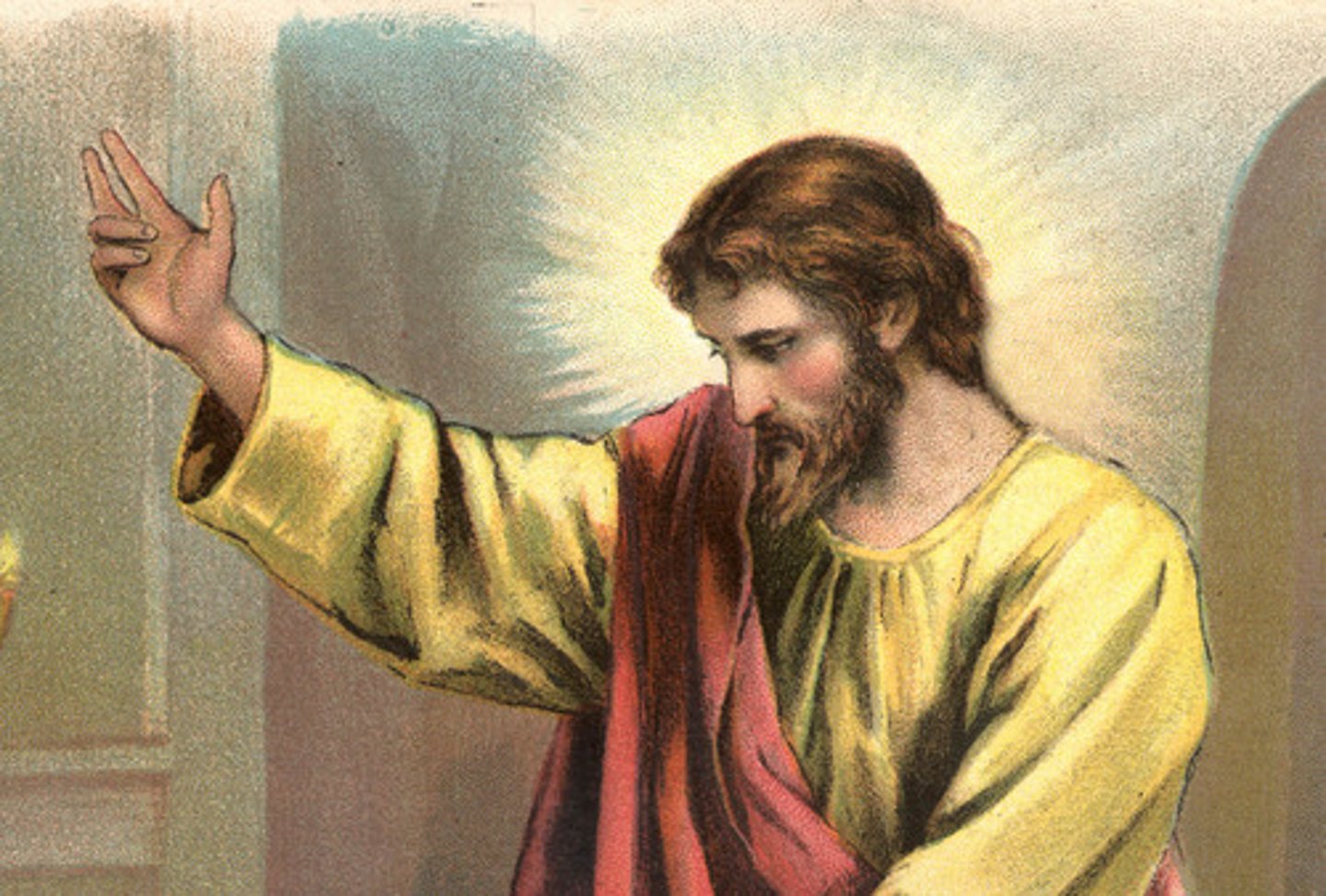The significance of Hippocrates and Galen: Medicine stands still, c1000-1500: History: GCSE (9:1)
1/15
There's no tags or description
Looks like no tags are added yet.
Name | Mastery | Learn | Test | Matching | Spaced | Call with Kai |
|---|
No analytics yet
Send a link to your students to track their progress
16 Terms
Hippocrates
Greek physician who was one of the first to make detailed observations of human sickness and recording symptoms (clinical observation) which is still used today. He believed that illness was not sent by God but could be understood and treated. He came up with the theory of the four humours and the Hippocratic Oath that is still used today
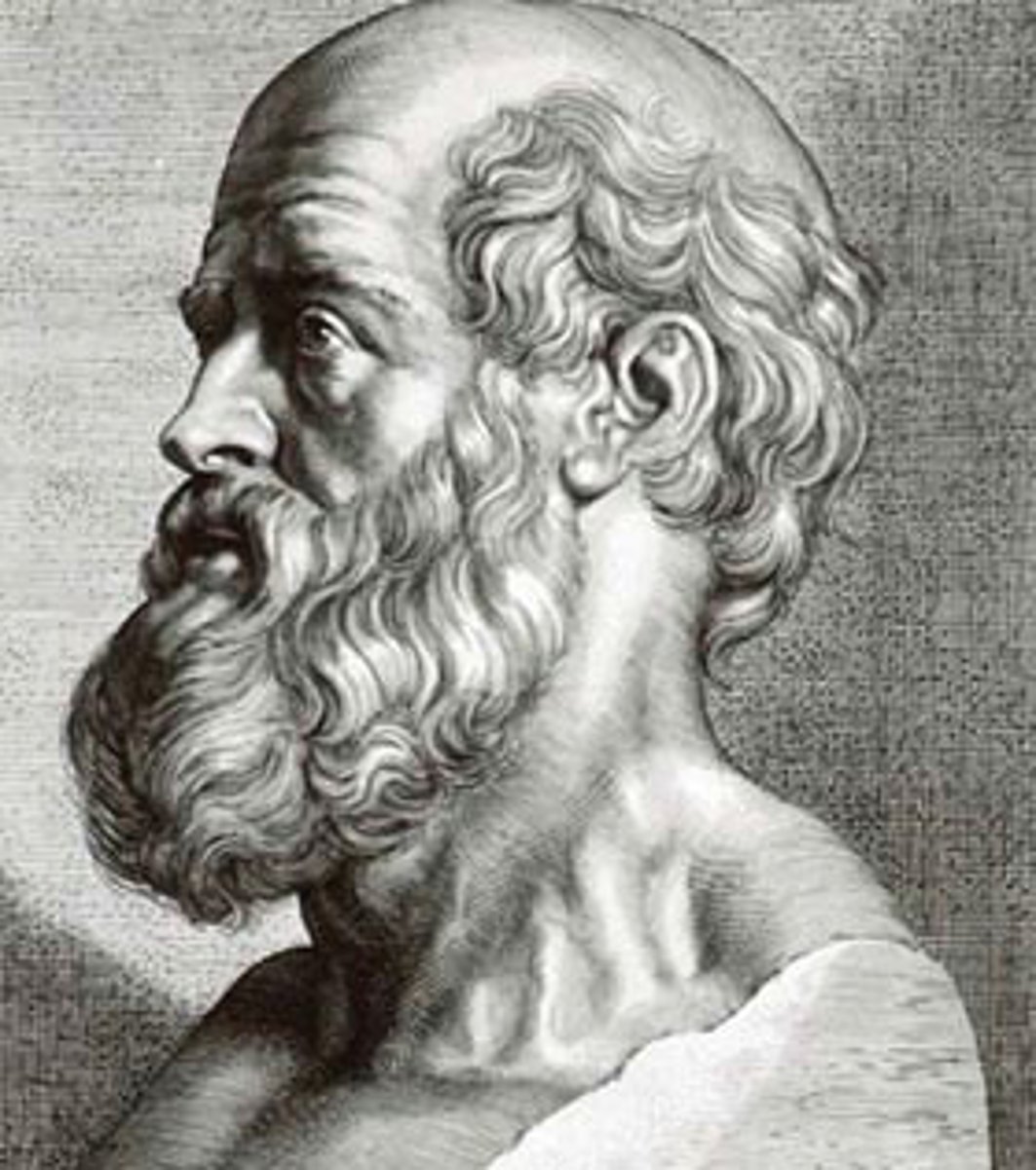
Hippocratic Oath
Oath taken by medical students swearing to practice medicine in an ethical way (not to harm there patients)
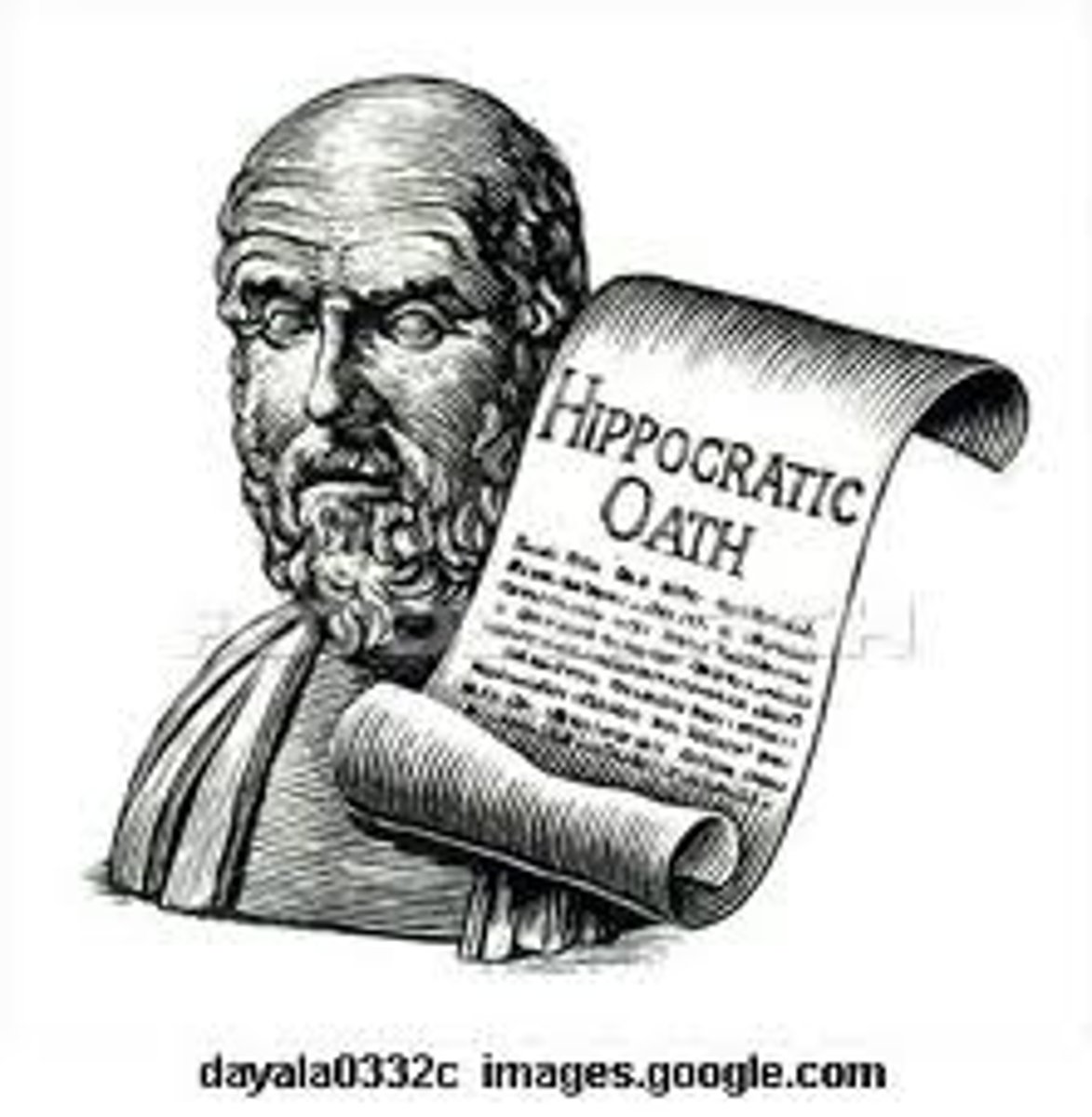
Four Humours
First created by Hippocrates: the idea that the body is made of 4 liquids; phlegm, yellow bile, black bile and blood. If there is too much or too little of any of these then you may be ill because your humours were out of balance.
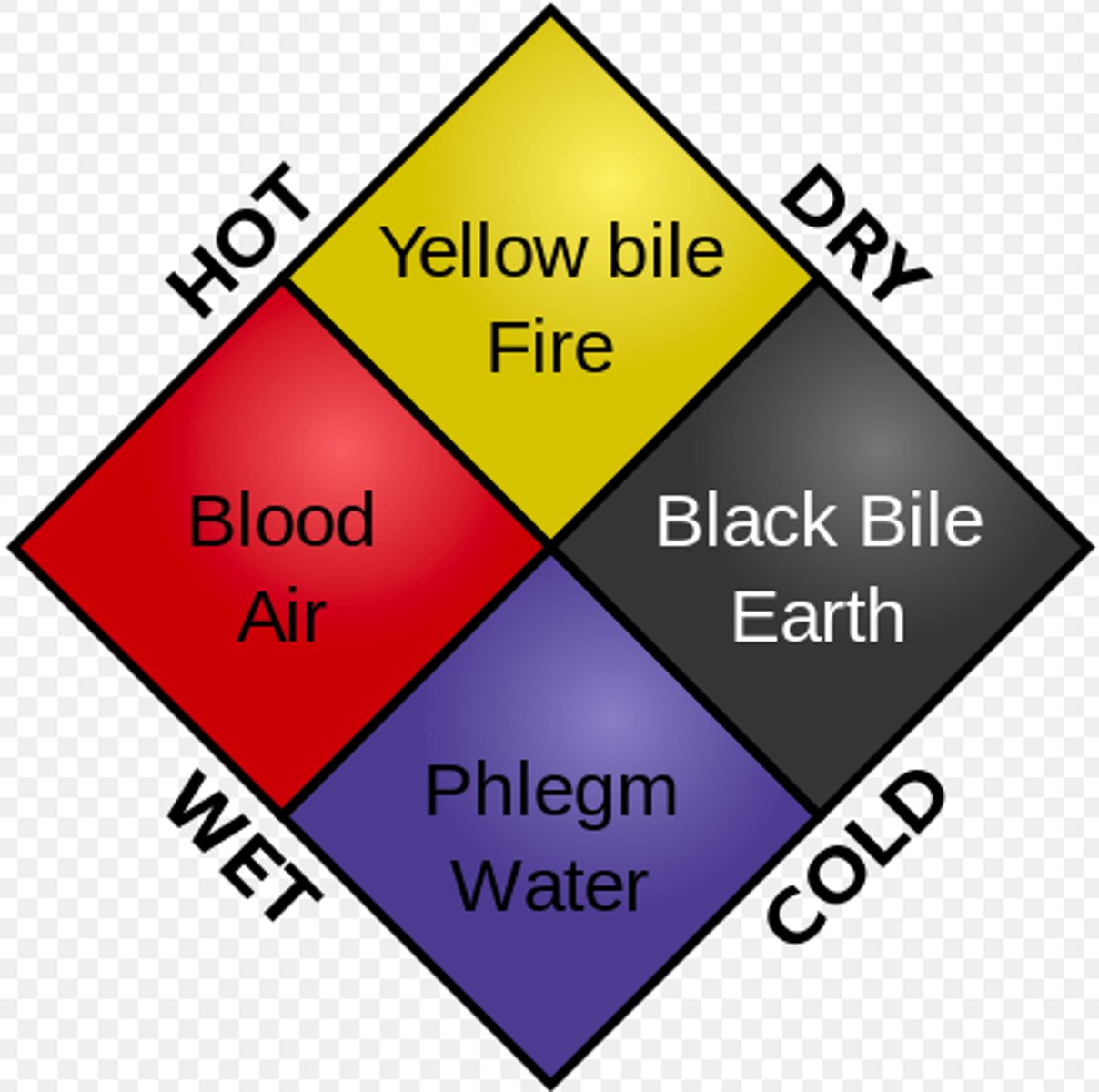
Influencing factors
The problems a person might have might be influenced by astrological birth sign, personality and seasons

Imbalance
When the 4 humours weren't balanced. Often thought to be caused by age, family and circumstance
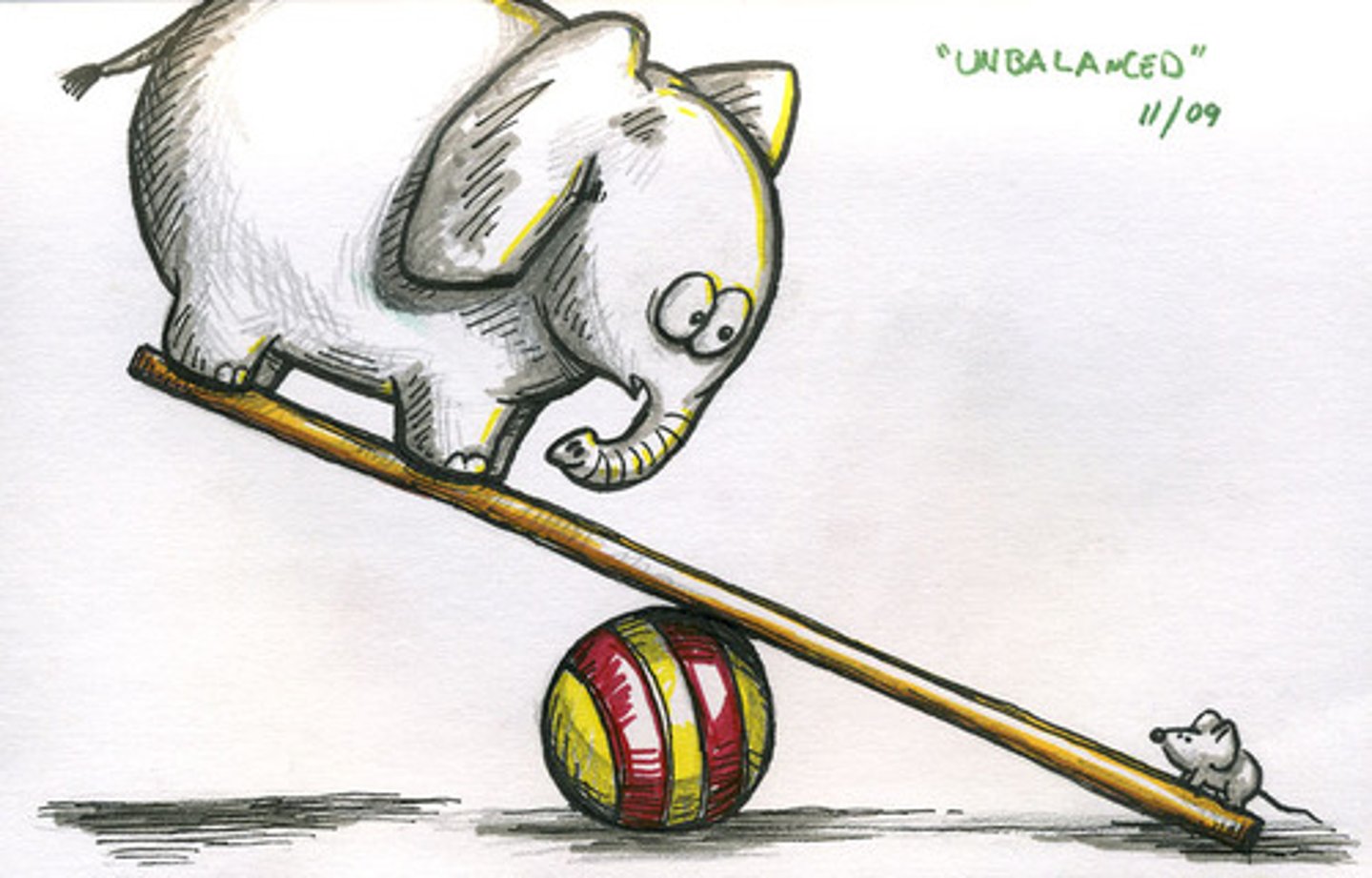
4 Elements
This was part of the 4 humours. Fire, water, earth and air
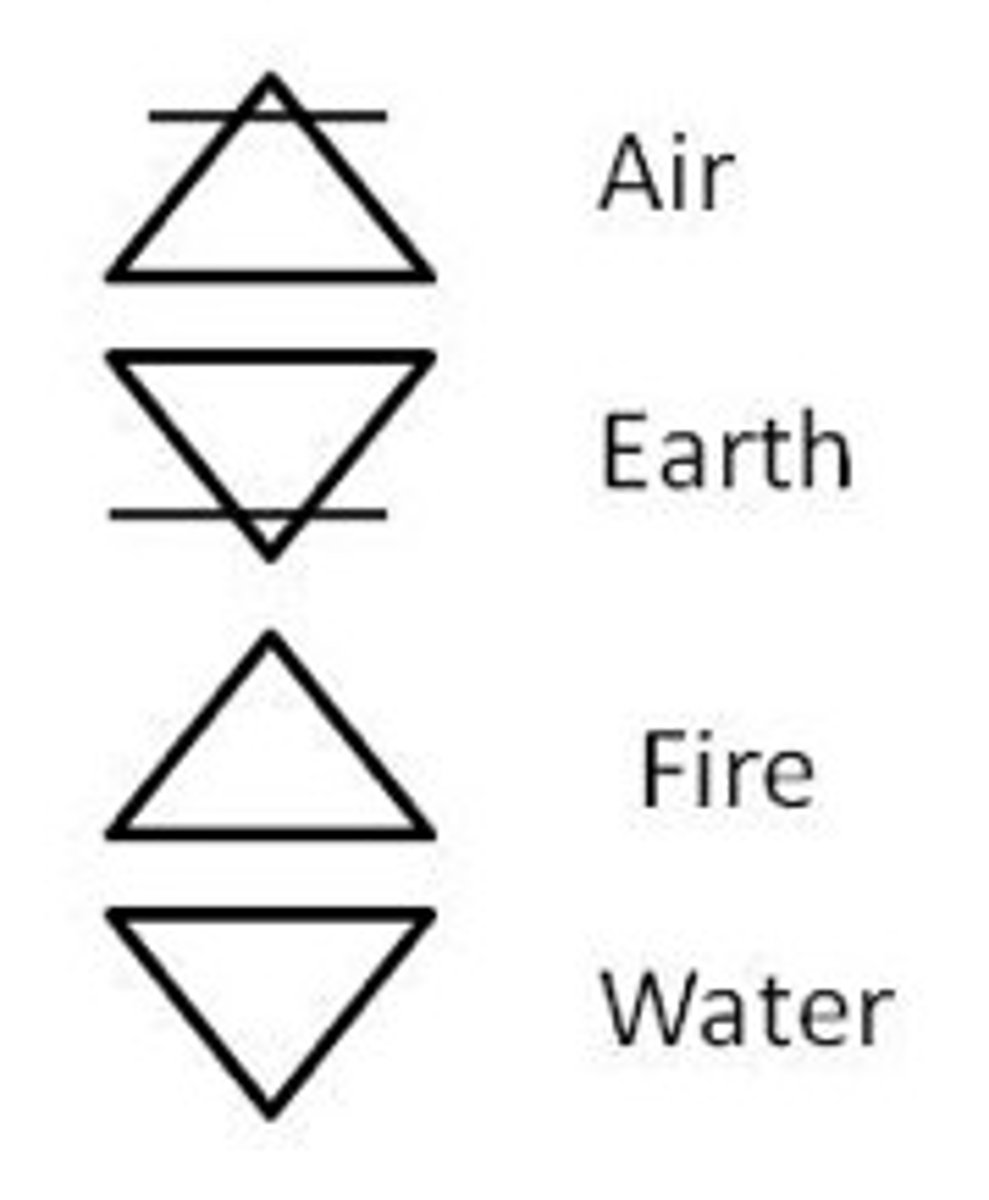
Galen
Roman Physician who developed the 'Theory of Opposites' from Hippocrates' theory of the four humours.
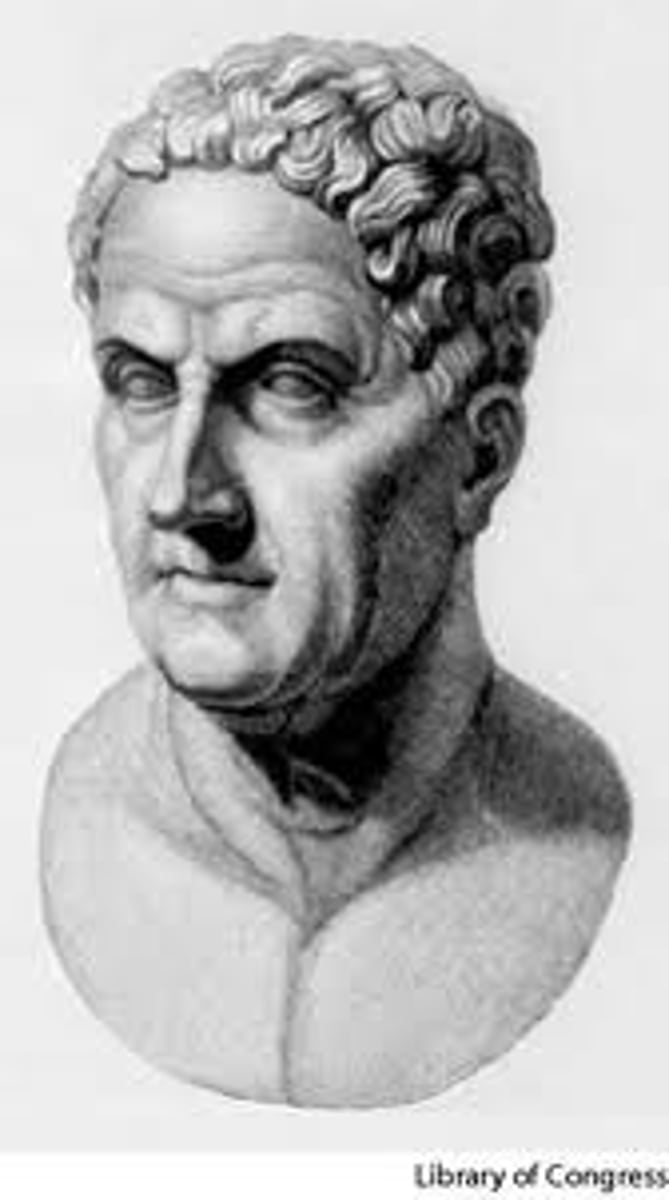
Theory of Opposites
Galen's theory that if you had too much of a humour you needed to cure it with the opposite e.g. if you had too much phlegm, which is cold and wet you were given something hot and dry
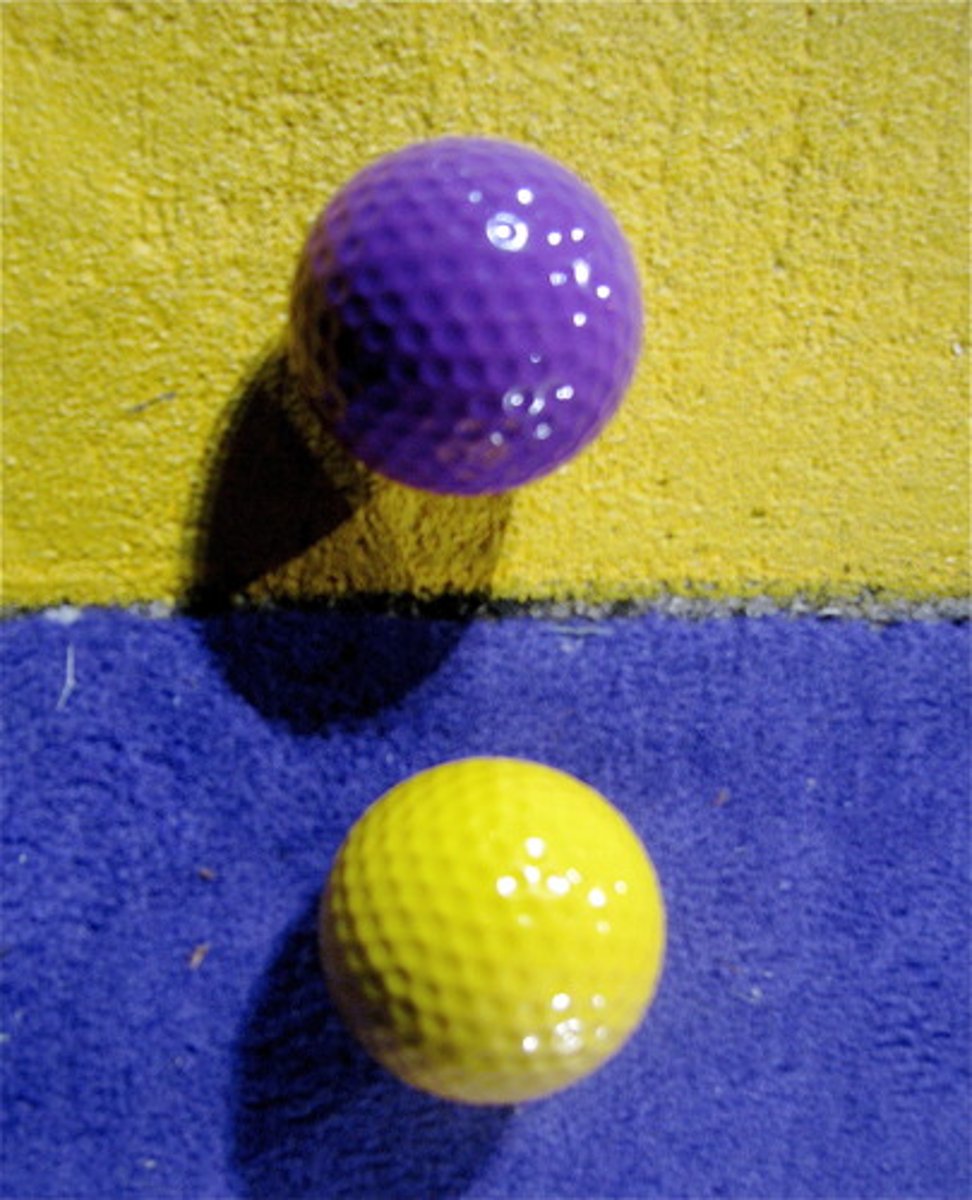
Dissection
Cutting apart a dead body to discover more about how it works. Banned by the Church, meaning Galen experimented using animals.
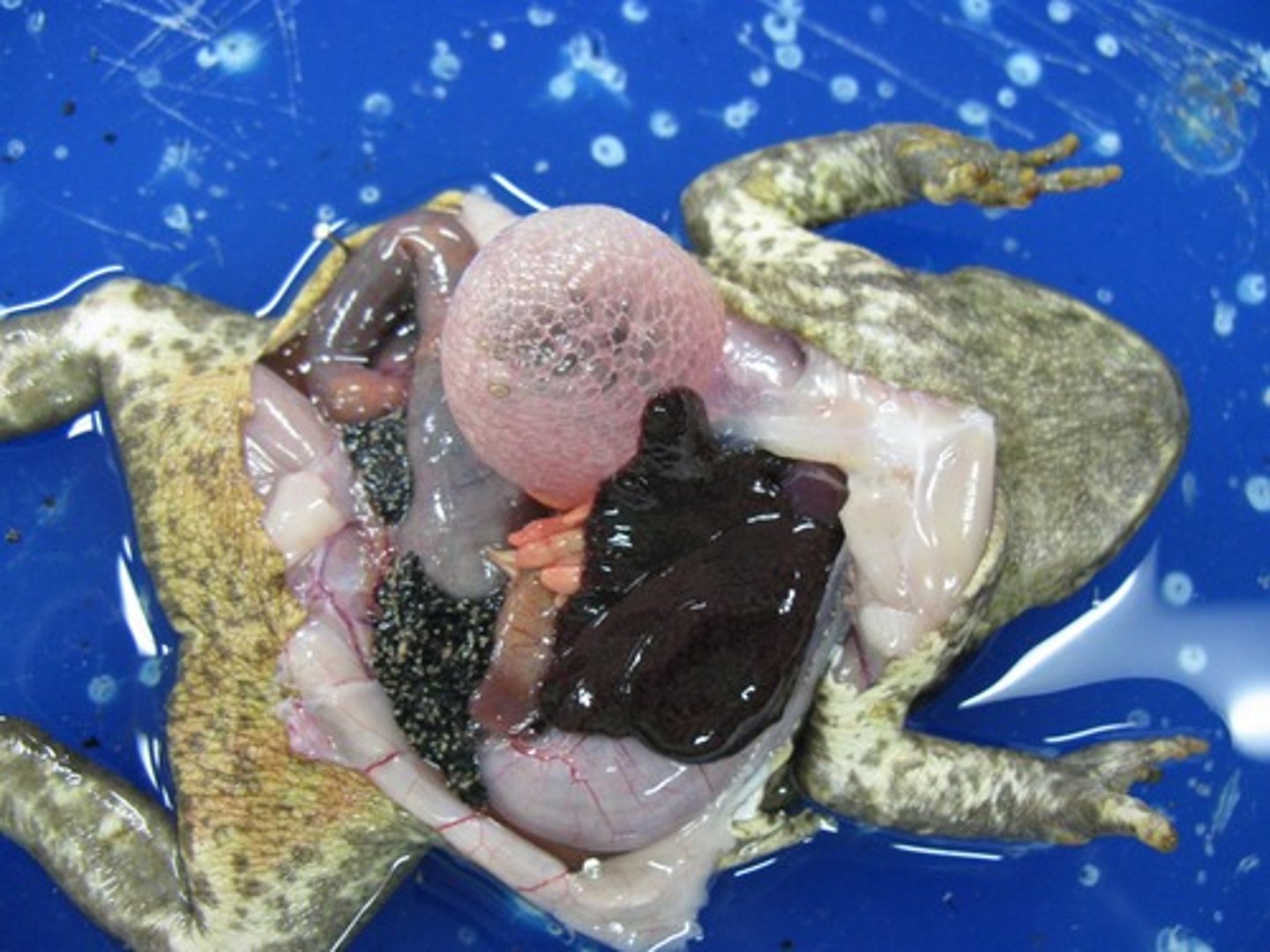
Galen's discoveries
He believed that blood was generated in the liver and the lower human jaw was in 2 parts.
The 4 Temperaments
The idea that there are 4 personality types that link to the 4 humours; Phlegmatic, choleric, melancholic and sanguine
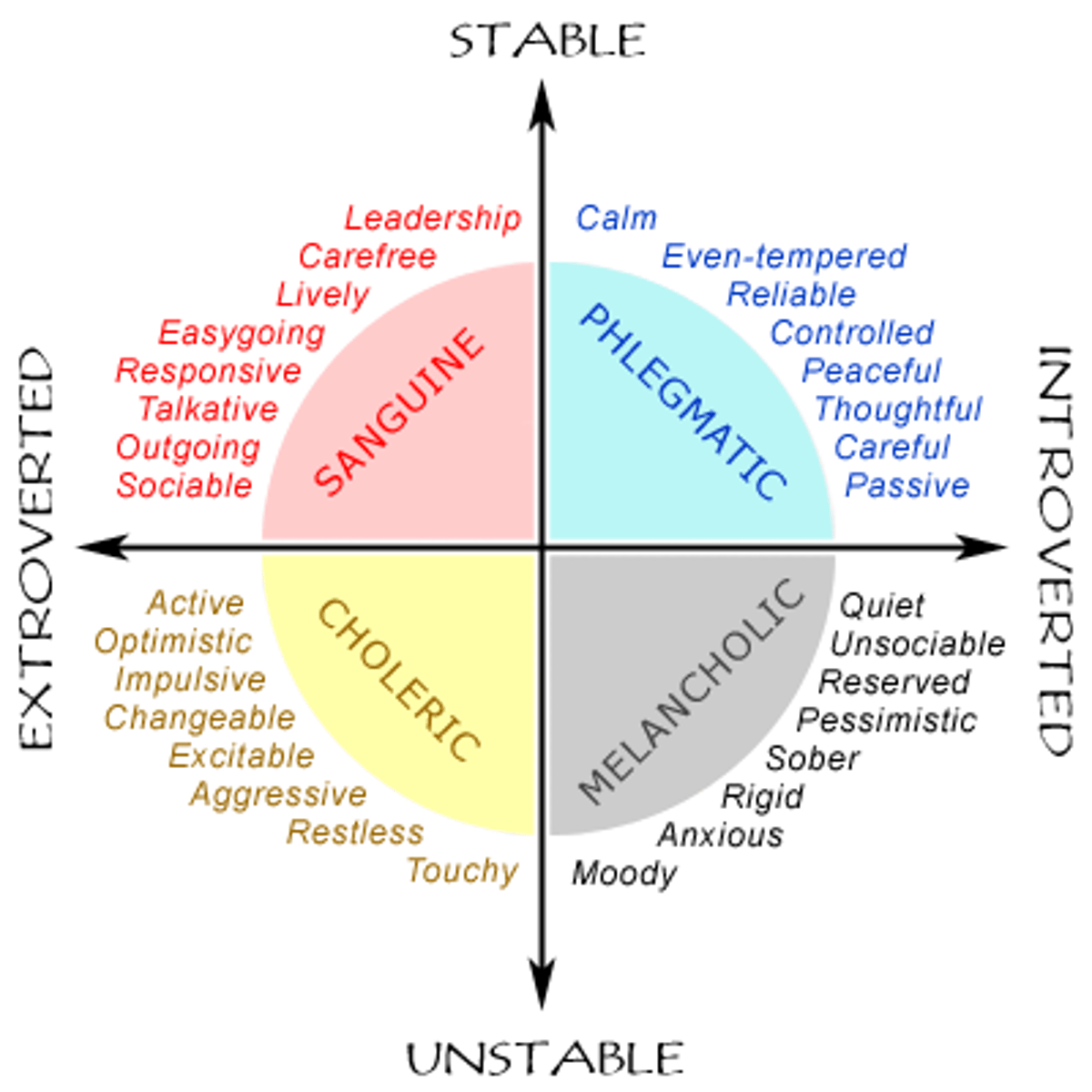
Phlegmatic
Calm and unemotional in temperament - you had too much phlegm

Choleric
Hot-tempered; quick to anger - you had too much yellow bile

Melancholic
Characterized by or causing or expressing sadness - you had too much black bile
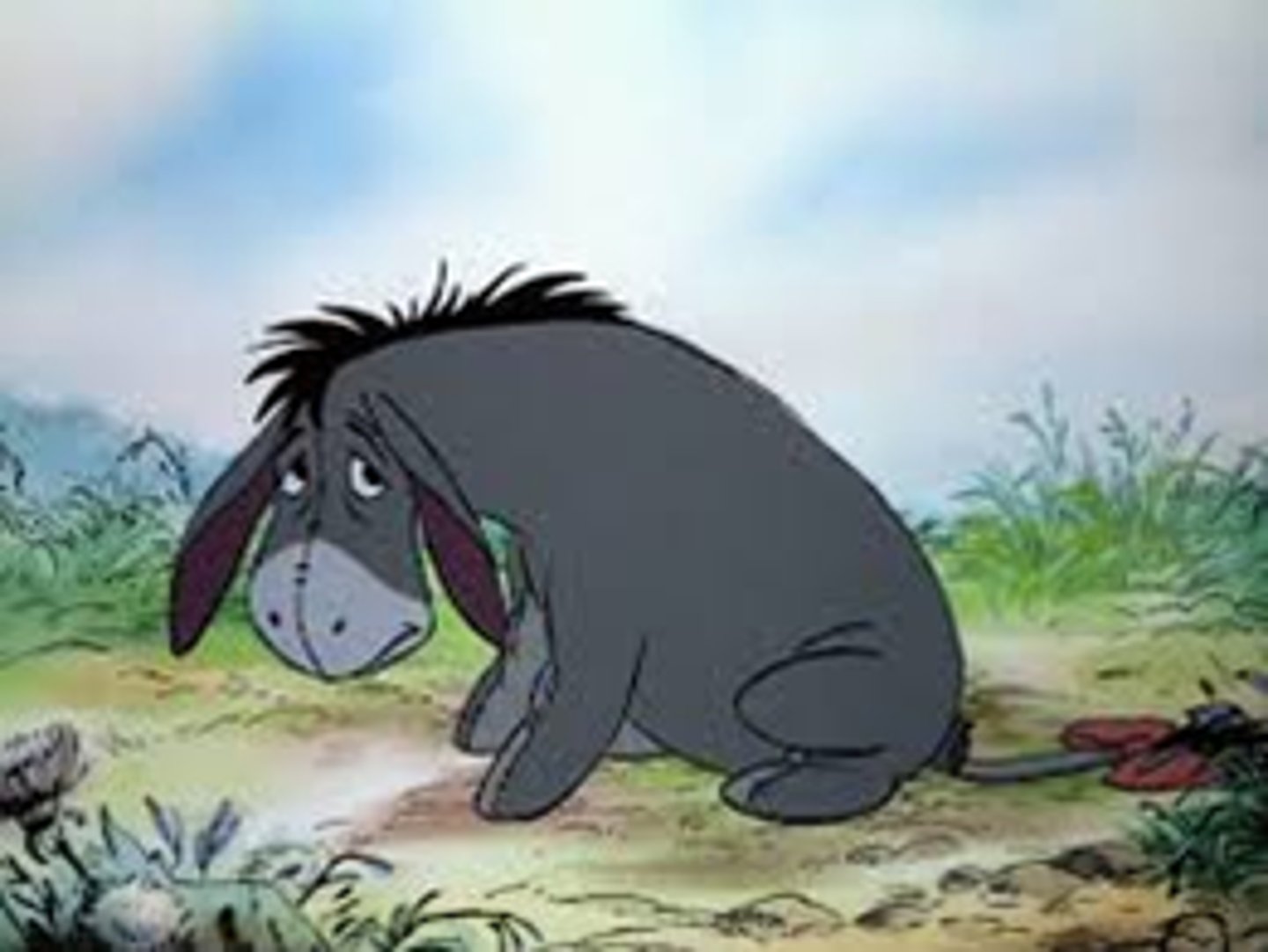
Sanguine
Cheerful; optimistic - you had too much blood
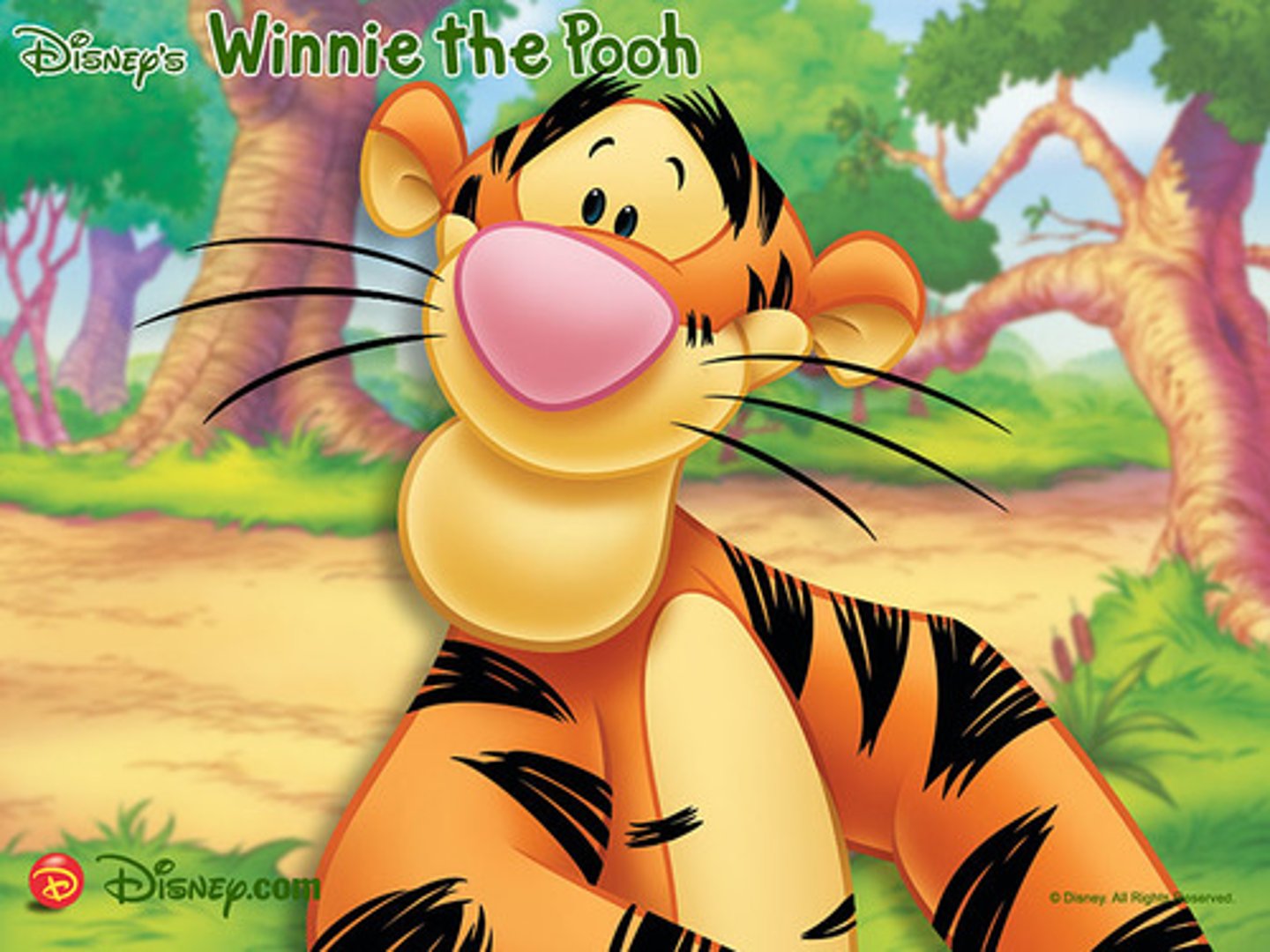
Religious endorsement
The 4 humours was liked and taught by church as it complemented religious ideas about people being created in God's image
